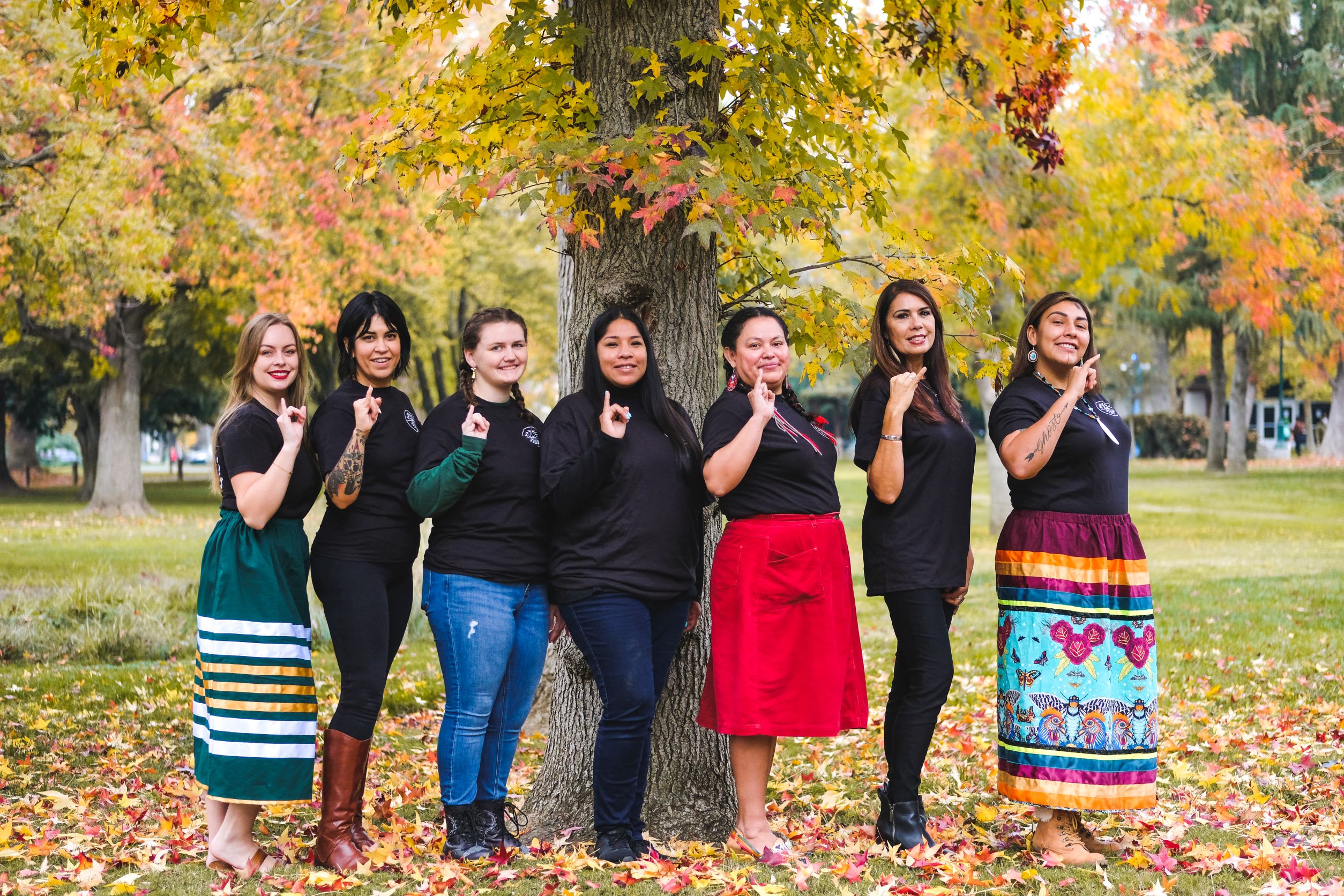
The Native Student Success Center (NSSC) recognizes that the students enter a colonized and difficult environment and educational system. The goal of NSSC is to create a home away from home where Native student's traditional values are honored and recognized, where our students’ accomplishments are celebrated and their contributions to our community are honored as they are. NSSC will work to support decolonization and to remove barriers to Native students’ academic success.
Our Native community here at Sacramento State is composed of students, faculty and staff. The NSSC was subsequently created as a space where our Native students are supported within tribal and cultural traditions, and where they can meet, learn, study and teach each other. This hub is focused on removing barriers to academic success by providing activities, such as academic services, mentor program, food making and sharing, talking circles, beading workshops, gardening, and cultural event planning. It will introduce services to first-time students from the moment they enter the University and continue to provide Native students with help in educational goal-setting and graduation.
Most importantly, the NSSC will provide the kind of emotional support critical to student success and retention in higher education. It is not enough simply to know that there are resources and services available for Native student. The issues of the colonial mindset and historical, intergenerational trauma are real and underpin the student’s feelings that they are not worthy, not good enough, not “white” enough, to succeed in college. These feelings must be recognized and addressed in a Native-sensitive way.
The guiding principles of the Native Student Success Center are:
- No one achieves success alone. We find ways to weave our strengths together and build strong foundations for our youth to demonstrate Traditional Tribal Values.
- Some of the strongest skills we can teach our youth are collaboration, community building, and developing meaningful relationships.
- Having the necessary tools for academic success available for our Native American Students within one program.
- Working to build a community where Native students feel part of a welcoming and affirming community where tribal history, diversity, equity, and social justice are valued and advanced through institutional programs and policies.
- Tribal Liaison to establish and build long-lasting relationships with local tribes within Sacramento State's service area.
The NSSC works in close collaboration with the Native Scholars Program, Ethnic Studies Department, and Ensuring Native Indian Traditions Club at Sacramento State, in addition to representatives from local tribes, including but not limited to, Shingle Springs Rancheria Band of Miwok Indians, the Wilton Rancheria, the United Auburn Indian Community, and the Ione Band of Miwok Indians, as we work towards our common goals.

